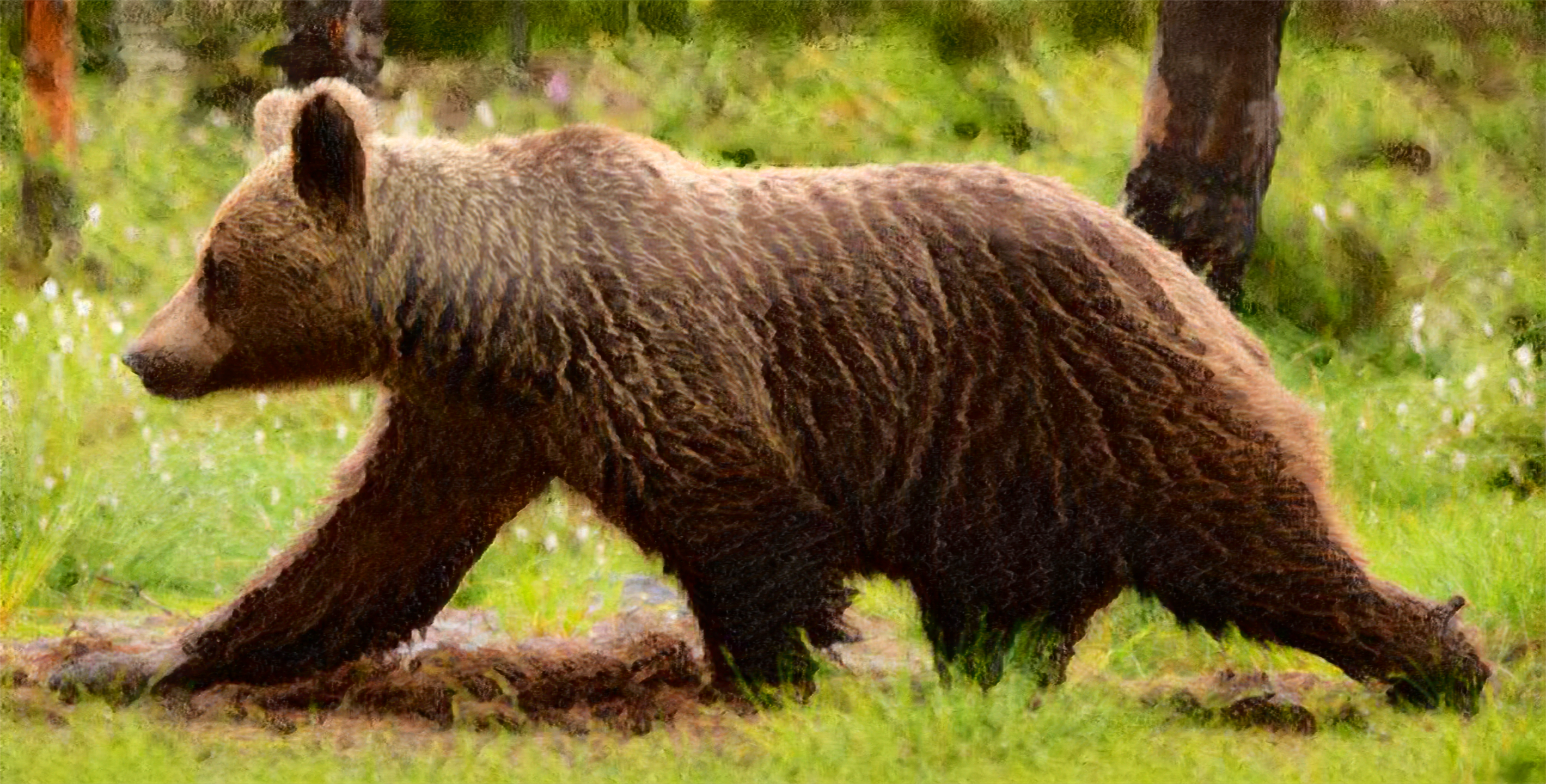Today, Secretary of the Interior David Bernhardt issued an order “terminating” the North Cascades Grizzly Bear Restoration Environmental Impact Statement (EIS), a scientific study and public process underway since 2014.
“We’re concerned about the lack of transparency that led to today’s decision, and its departure from the years-long public process that consistently documented strong public support for careful grizzly bear restoration led by science and community input, including more than 130,000 supportive comments,” said Chase Gunnell, Communications Director for Conservation Northwest.
Recent public comment periods and past polling show that roughly 80 percent of respondents support grizzly bear restoration in the backcountry in and around North Cascades National Park, including residents on both sides of the Cascade Crest.
“Representative Dan Newhouse is ignoring a large majority of his constituents who support grizzly bear recovery, many of whom live in the heart of the proposed recovery area. Instead, he is cutting back room deals serving only a small portion of special interests,” said Jasmine Minbashian, Executive Director of Methow Valley Citizens Council. “He can do better than this. The proposed restoration plan is a modest plan that would give grizzly bears a chance at survival in their native home – the North Cascades.”
Grizzlies have been an integral part of the North Cascades ecosystem for approximately 20,000 years. Given their isolation from other grizzly populations, the low number of bears, their very slow reproductive rate, and other constraints, the North Cascades grizzly bear population is considered the most at-risk bear population in the United States.
“This purely political decision ignores science, Park Service recommendations, and overwhelming public support and instead threatens the very survival of one of the nation’s most famous wild creatures,” said Rob Smith, Northwest Regional Director for the National Parks Conservation Association. “This enormously disappointing decision is the latest flip-flop away from conservation by this administration, which under Secretary Ryan Zinke supported grizzly recovery efforts. We will continue to work with community members to advocate for the reintroduction of grizzly bears.”
“The Trump administration has broken its promise to reintroduce North Cascades grizzly bears despite ample public support,” said Robb Krehbiel, Northwest Representative for Defenders of Wildlife. “Former Interior Secretary Zinke, one of President Trump’s appointees, committed to returning grizzlies to the North Cascades yet the administration continues to let politics get in the way. We will continue to fight for the restoration of this landscape and for grizzlies to return to their historic range. The data is clear: these bears belong here.”
“This announcement is disappointing—so much science and public engagement over the past decade supports recovery of this important species,” said Dr. Robert Long, Director of Woodland Park Zoo’s Living Northwest Program. “People of Washington deserve to live in a state with complete and intact ecosystems, including our important large carnivores.”
“Despite today’s news from the Trump Administration’s Secretary of the Interior, we believe grizzly bears will eventually be restored to the wild backcountry of the North Cascades, their home for thousands of years, as action is legally required under the Endangered Species Act and federal grizzly bear recovery plans and public support for restoring this native species remains strong,” said Gunnell of Conservation Northwest.


